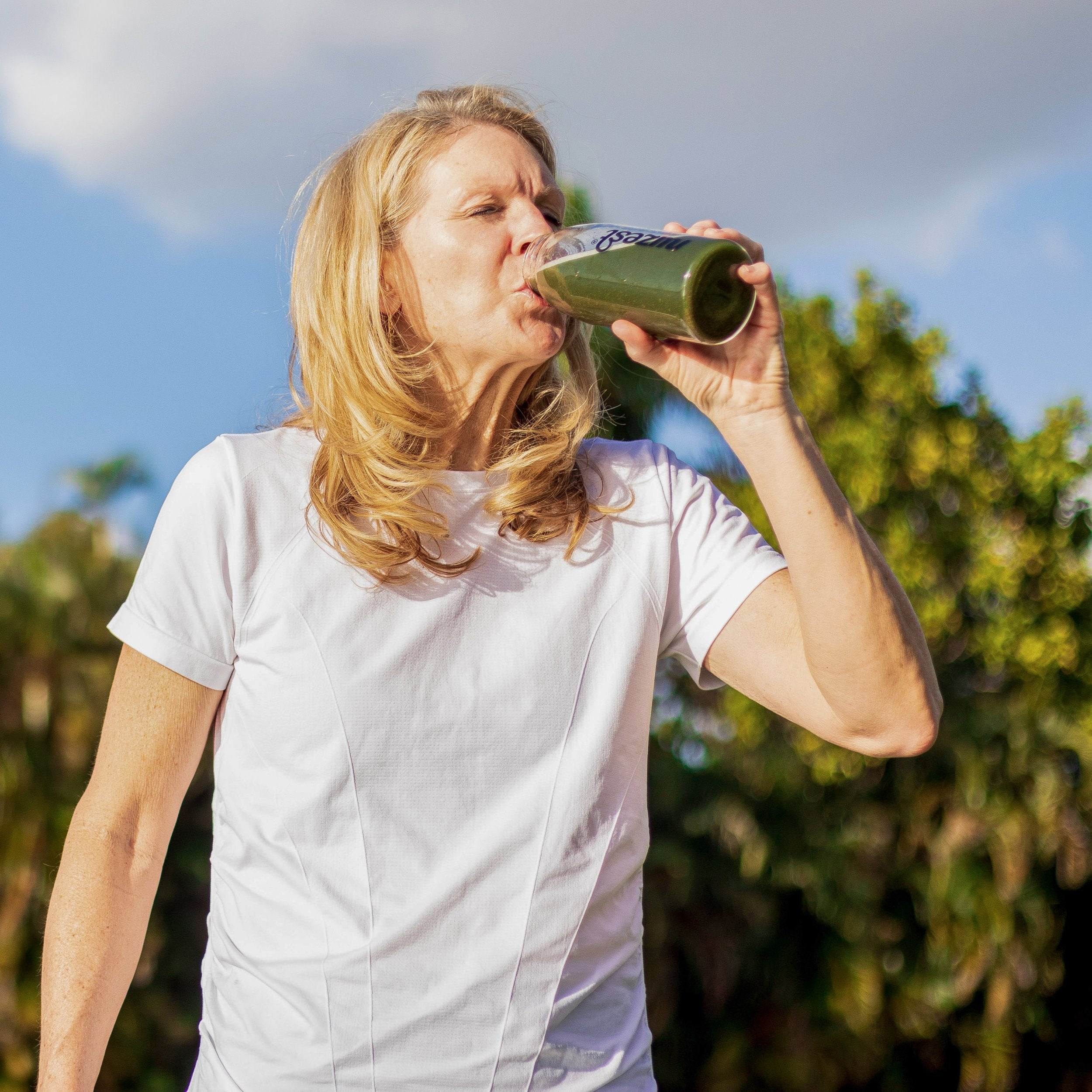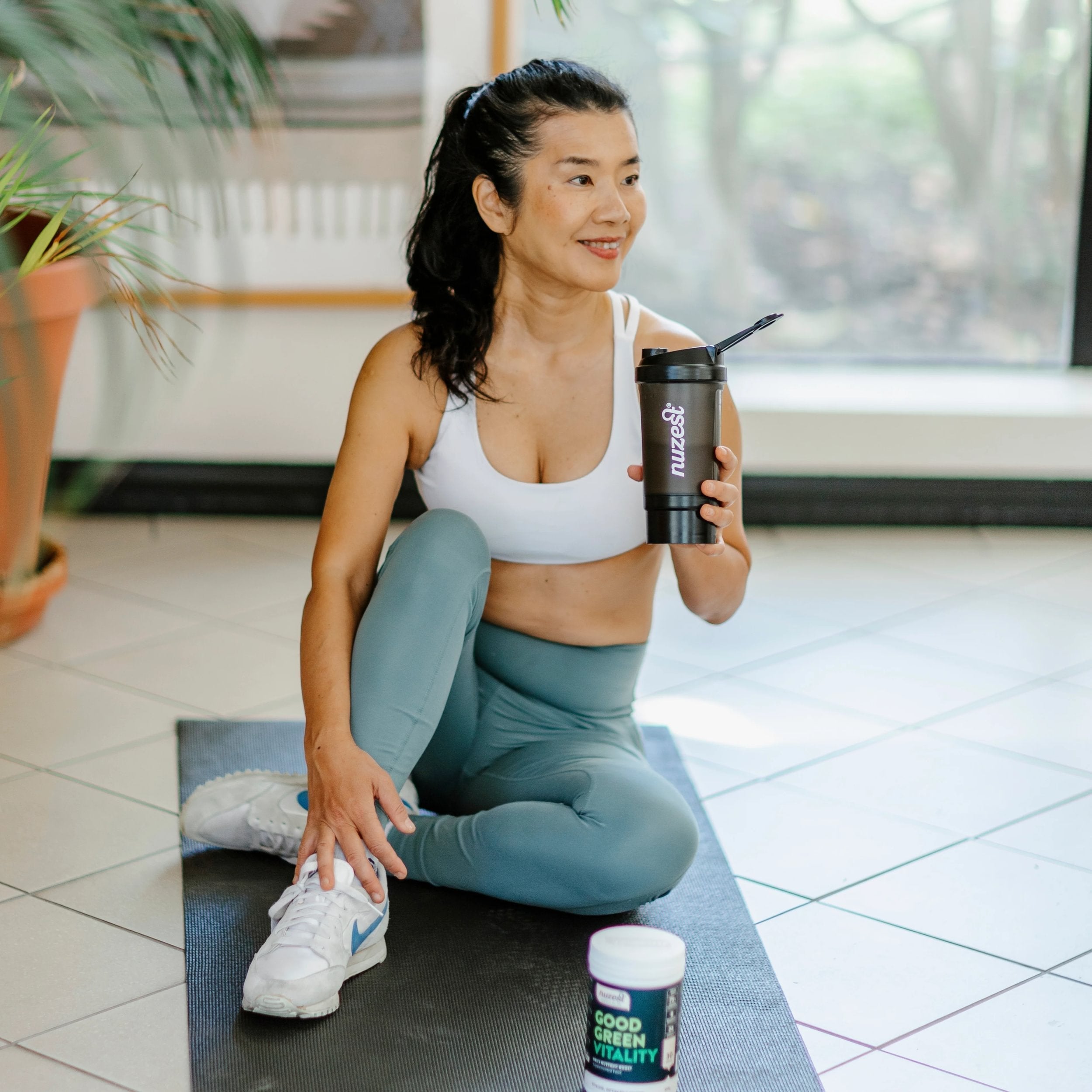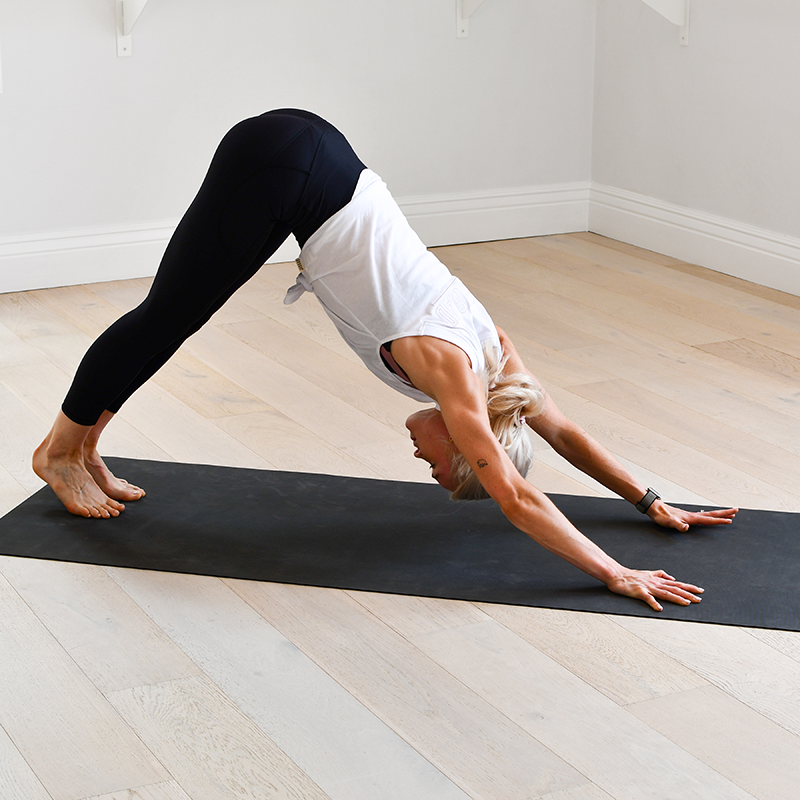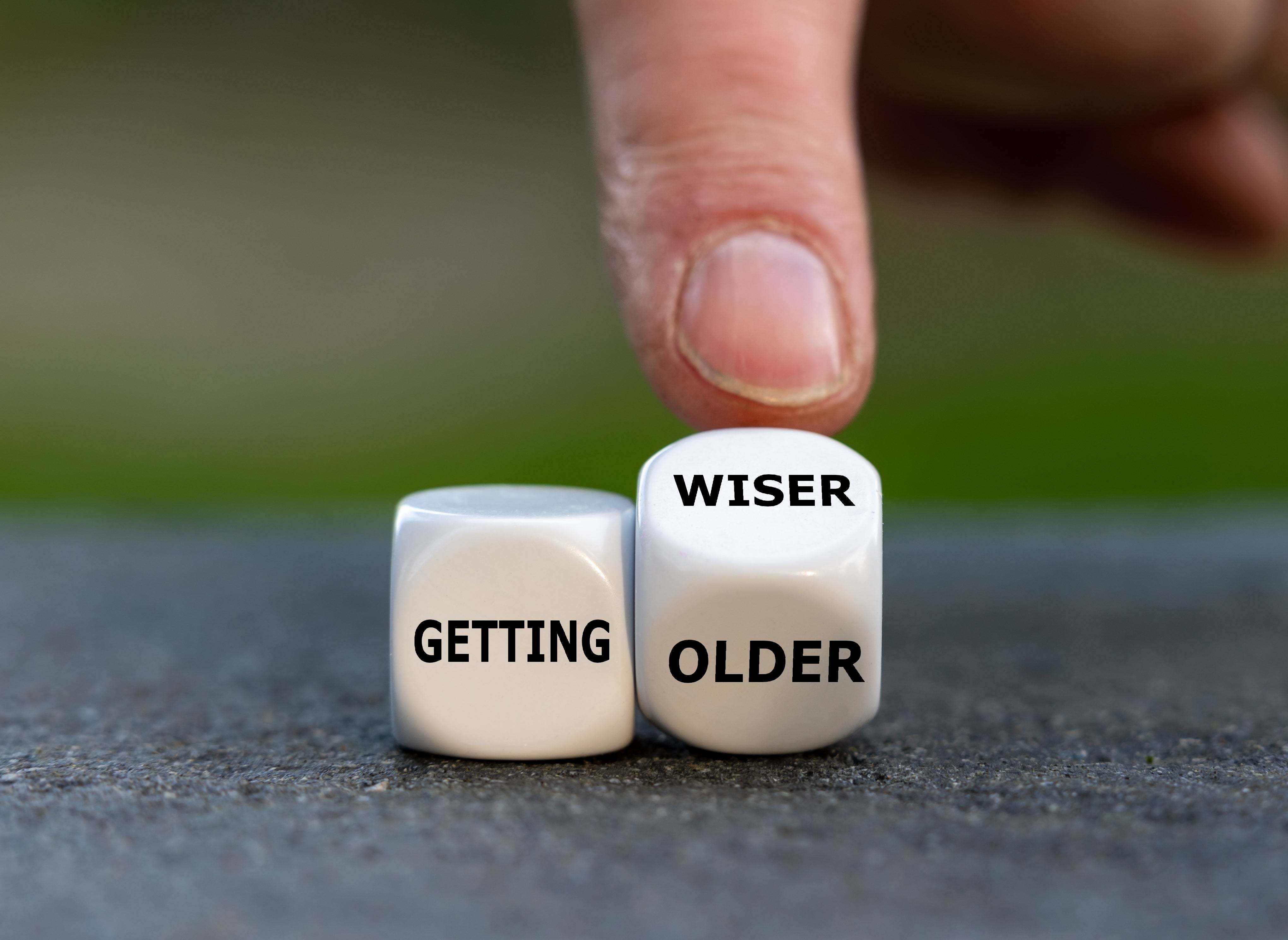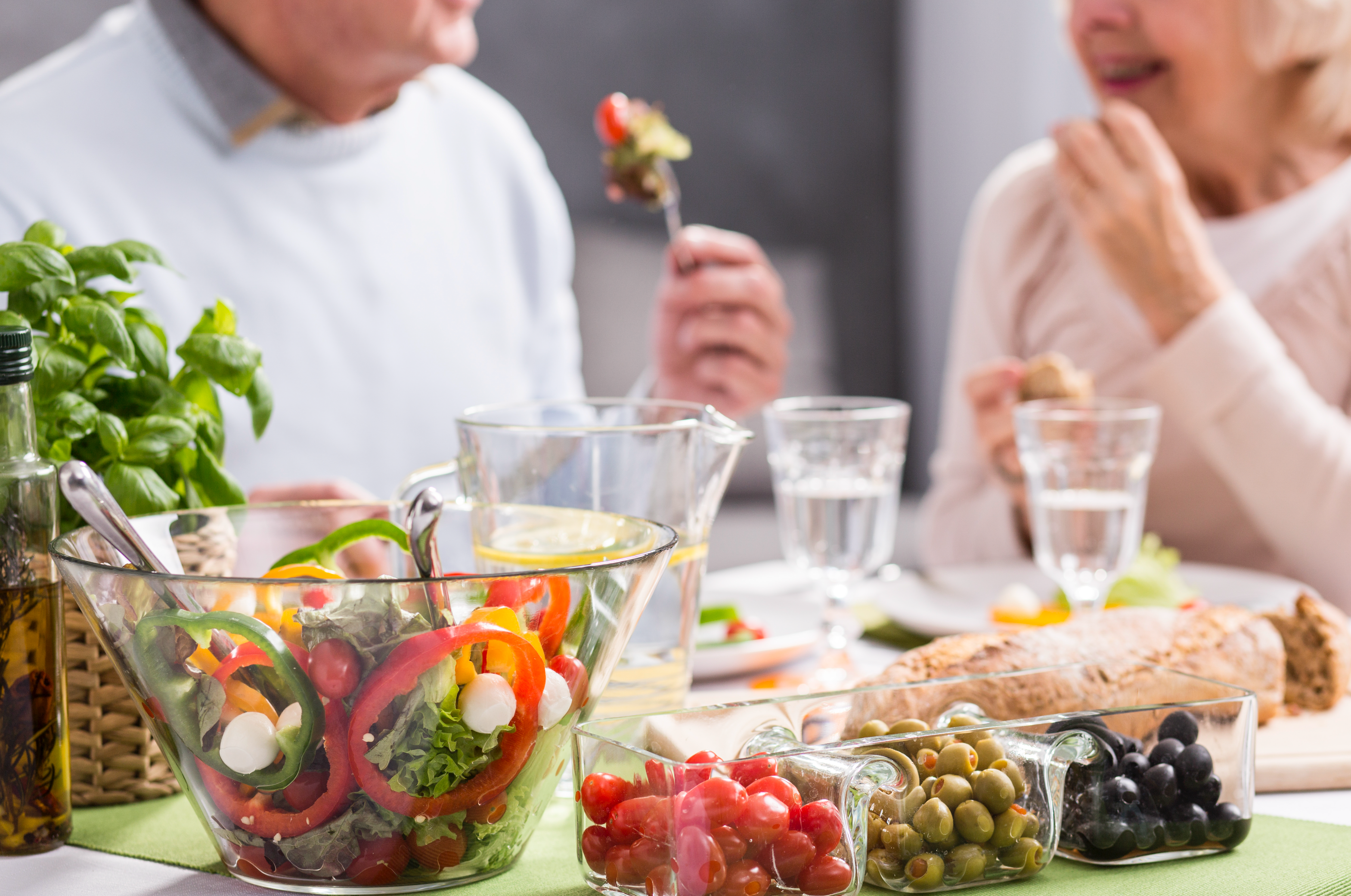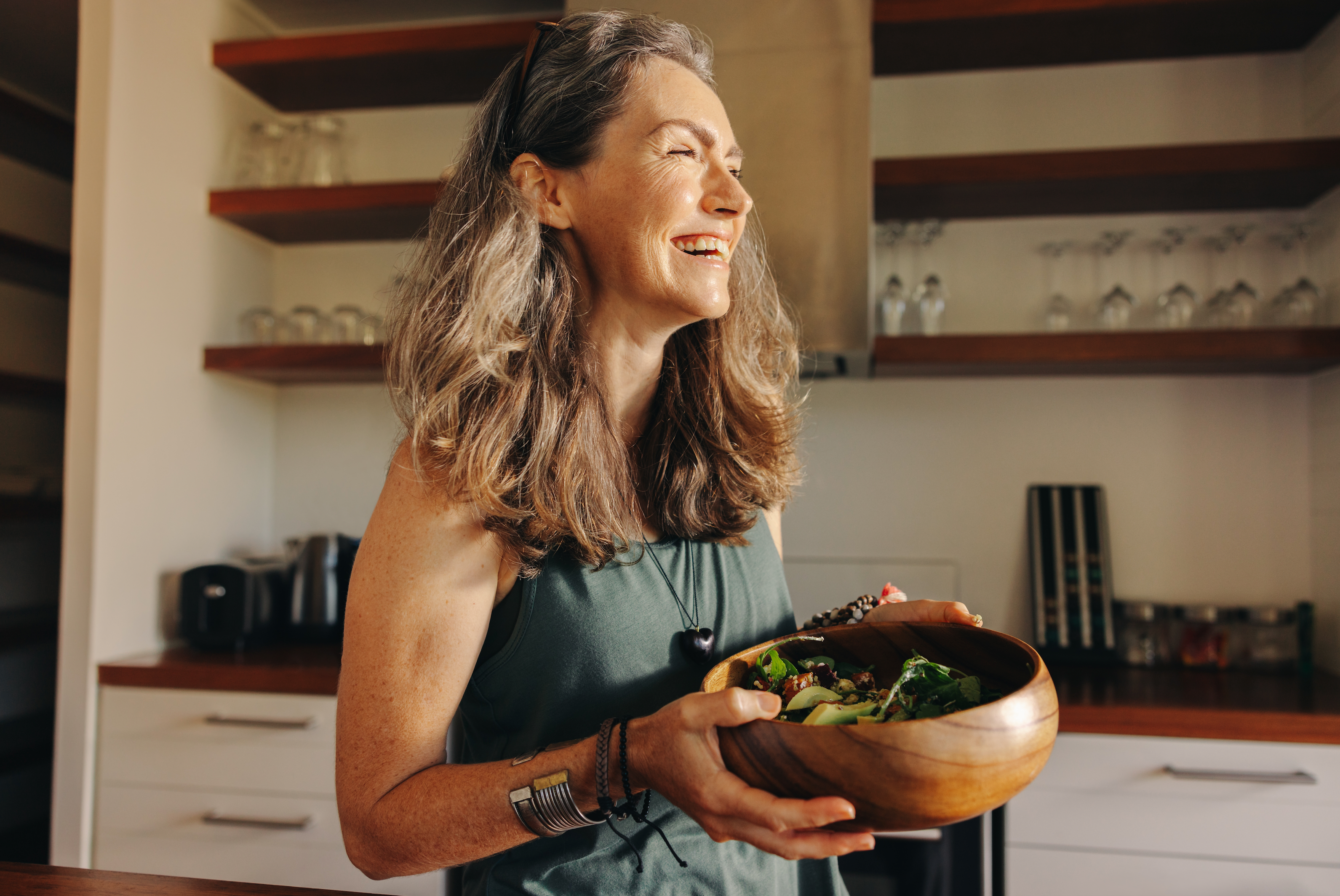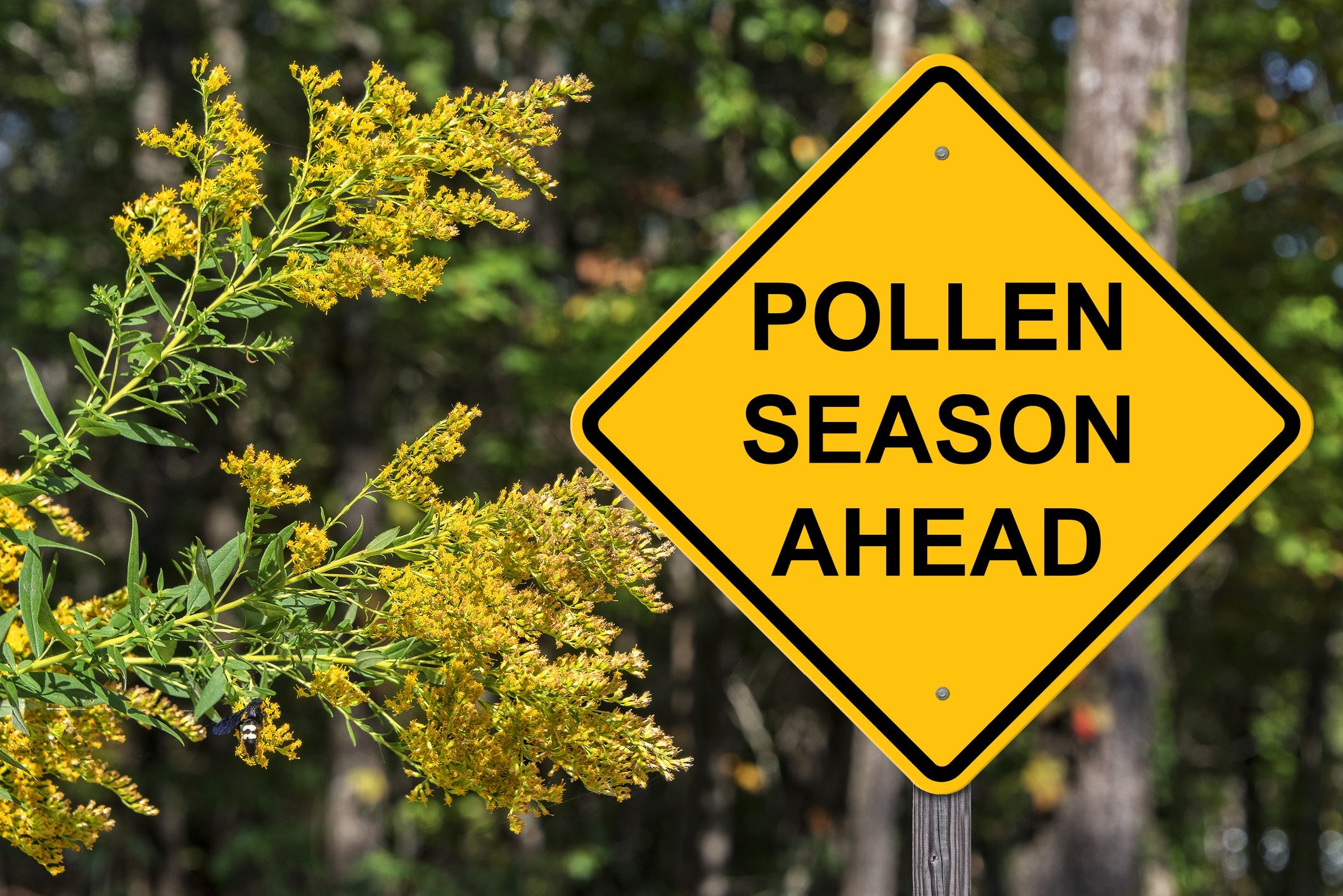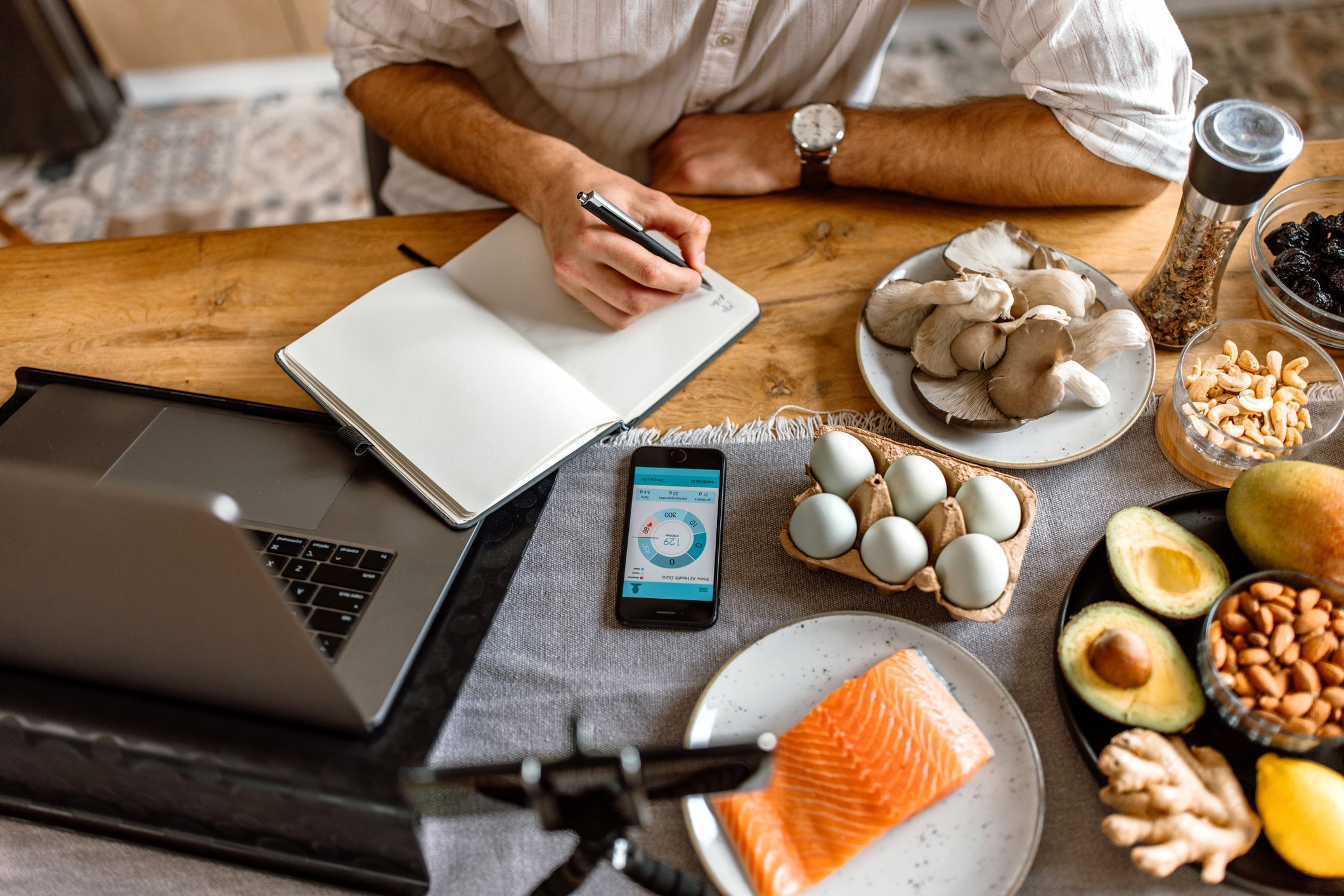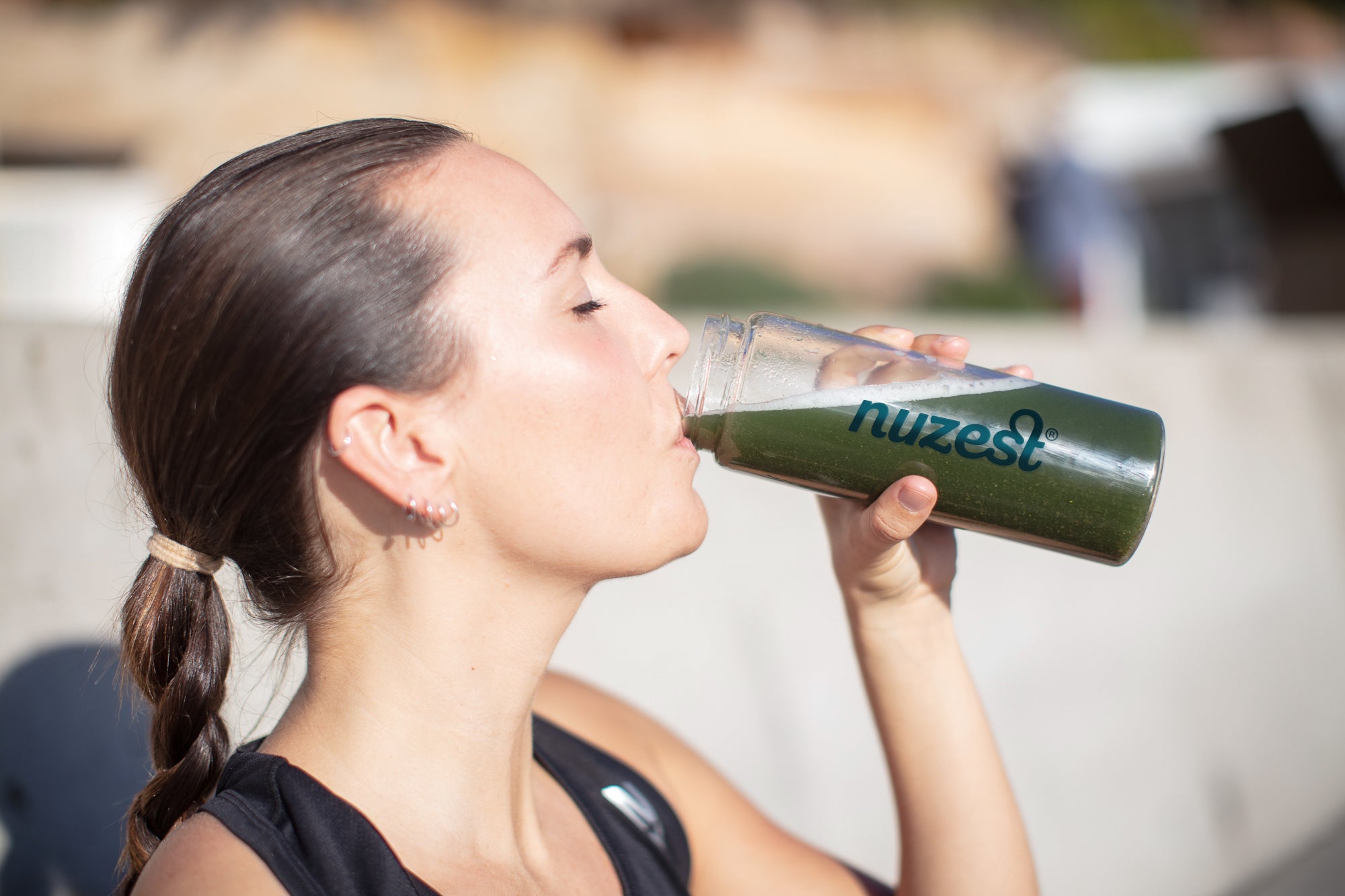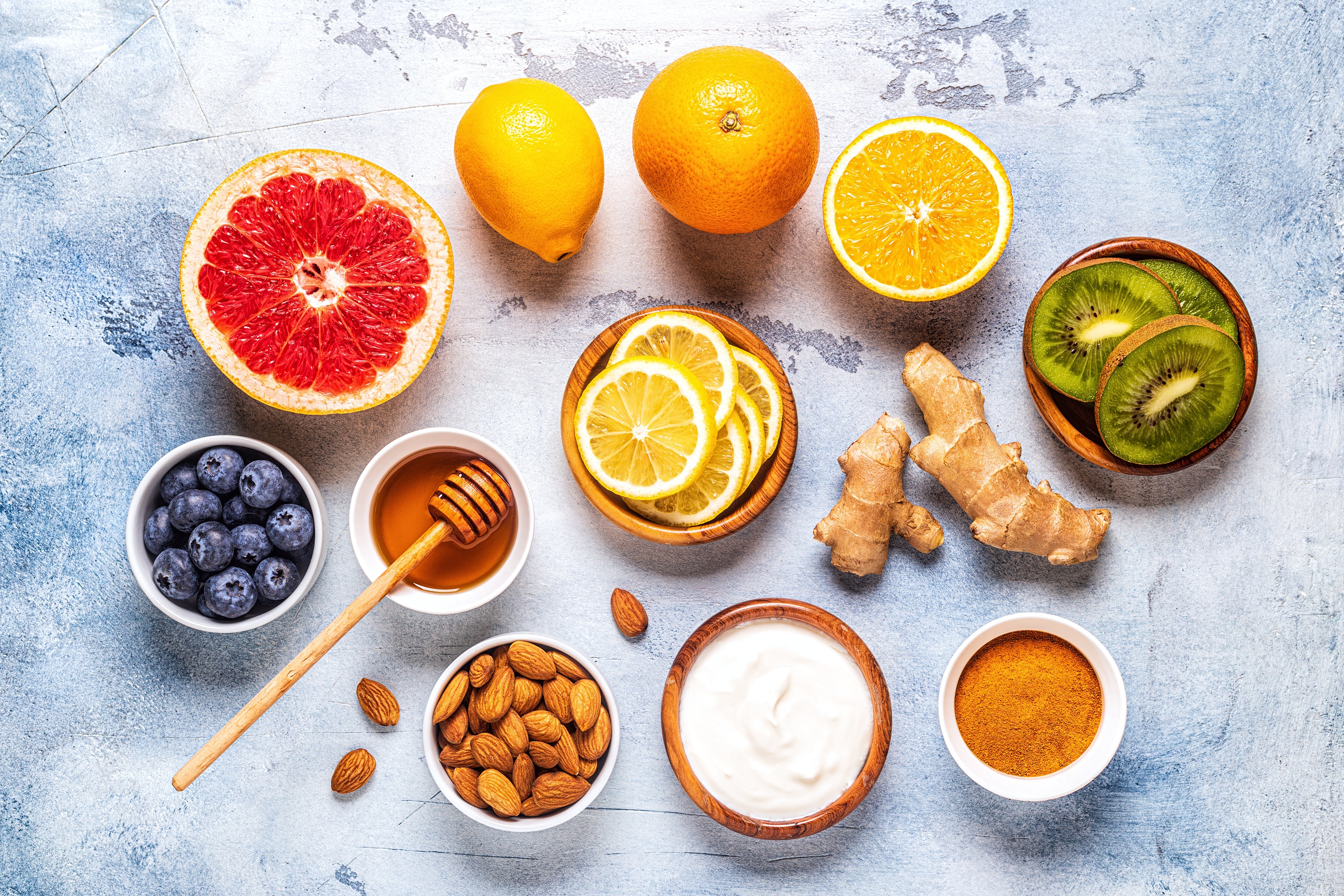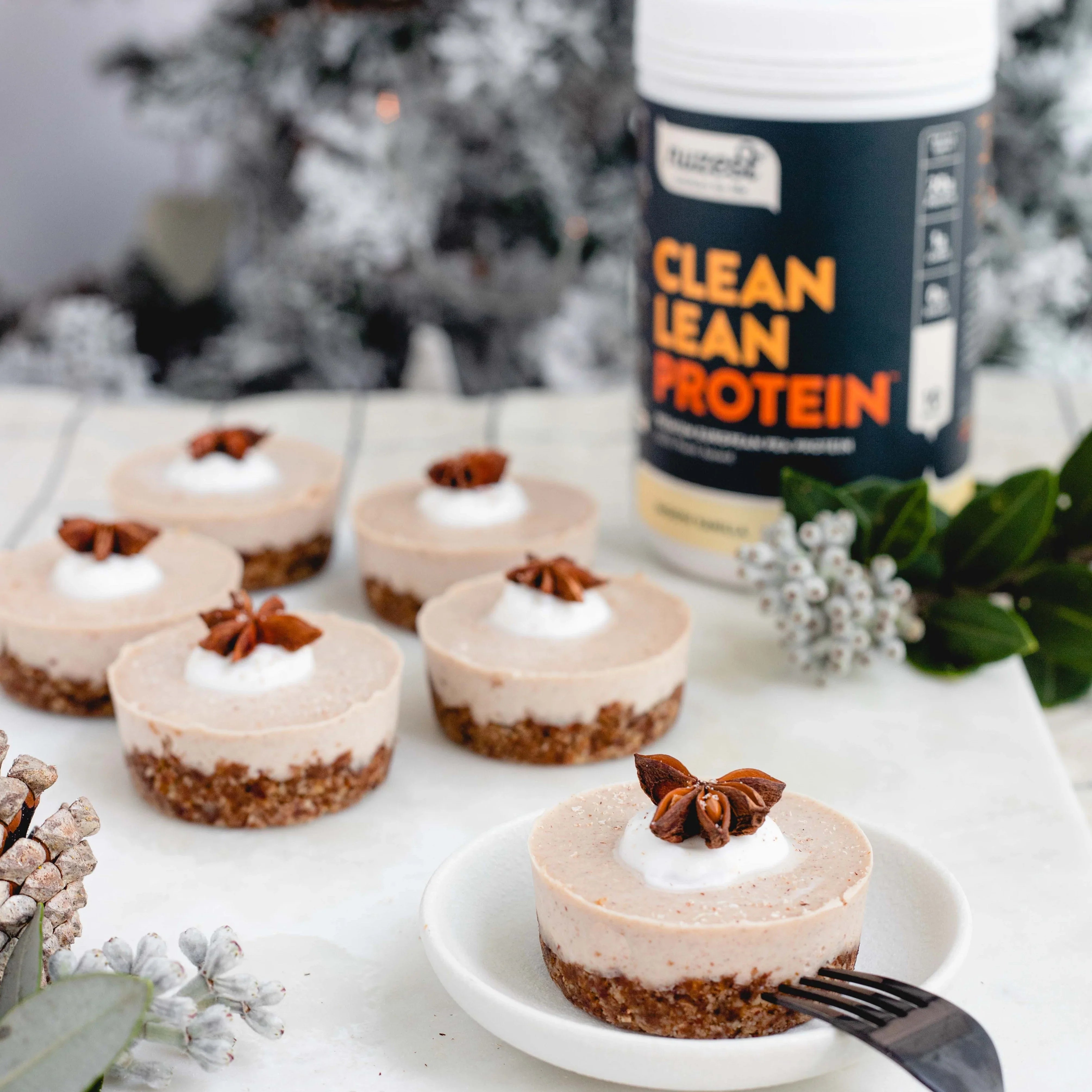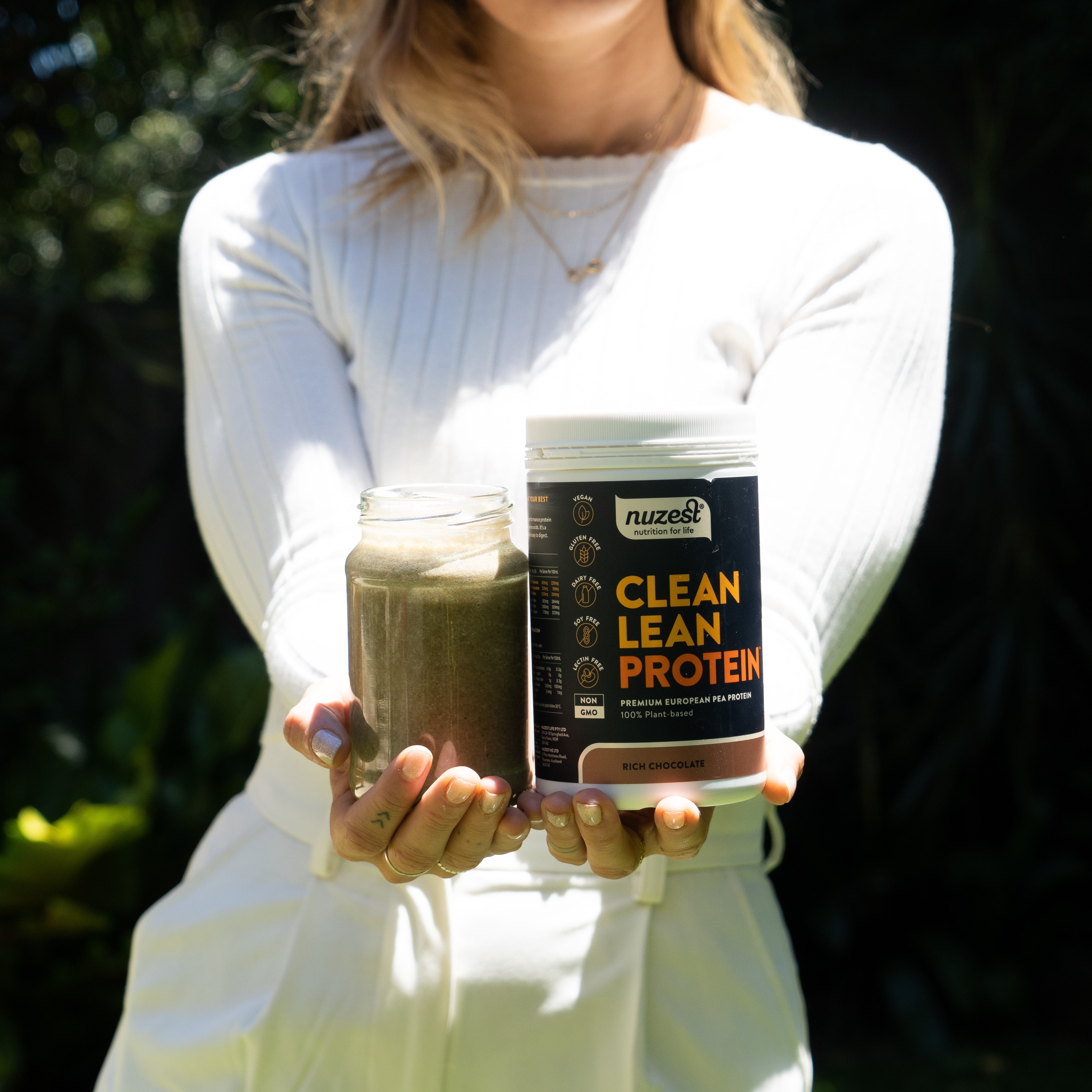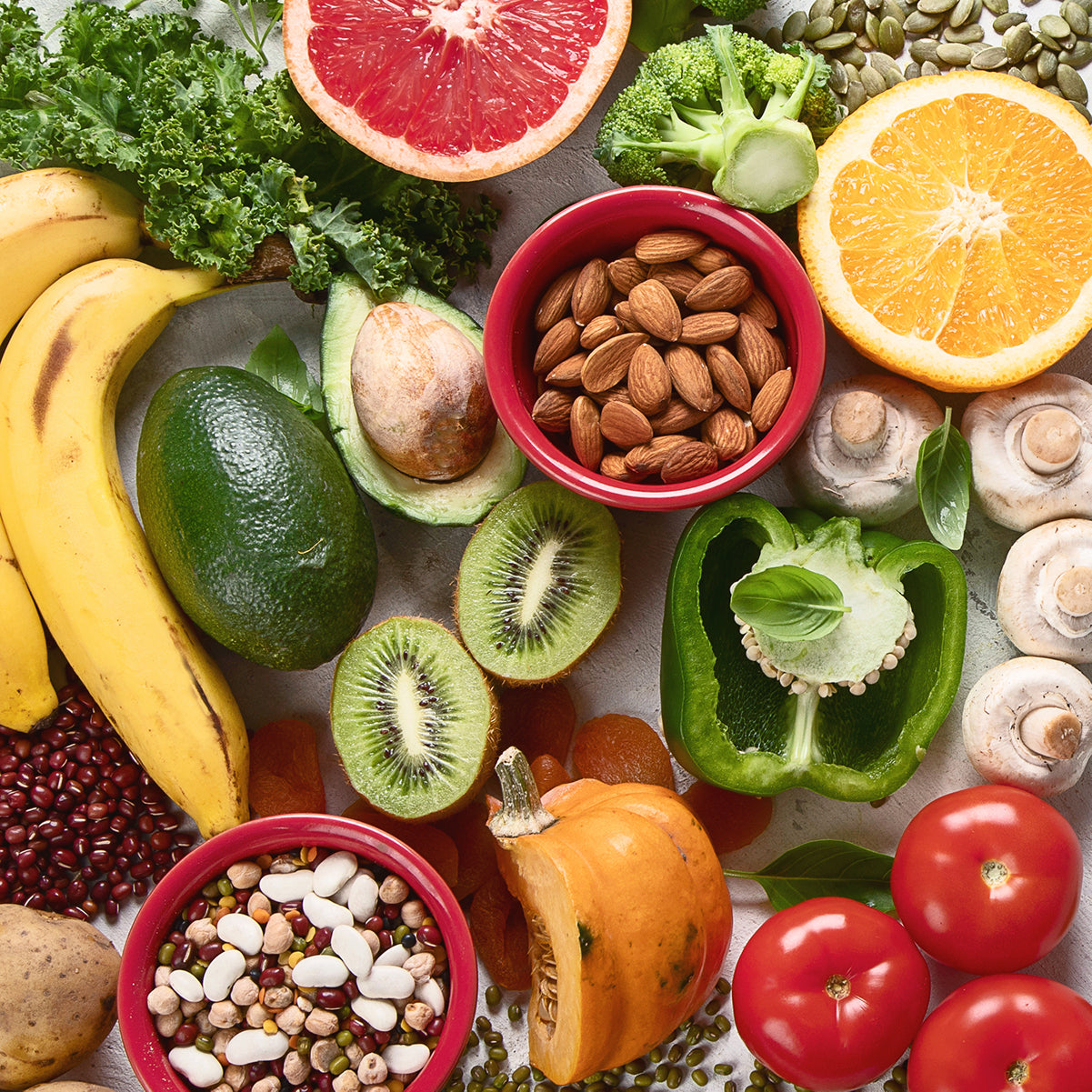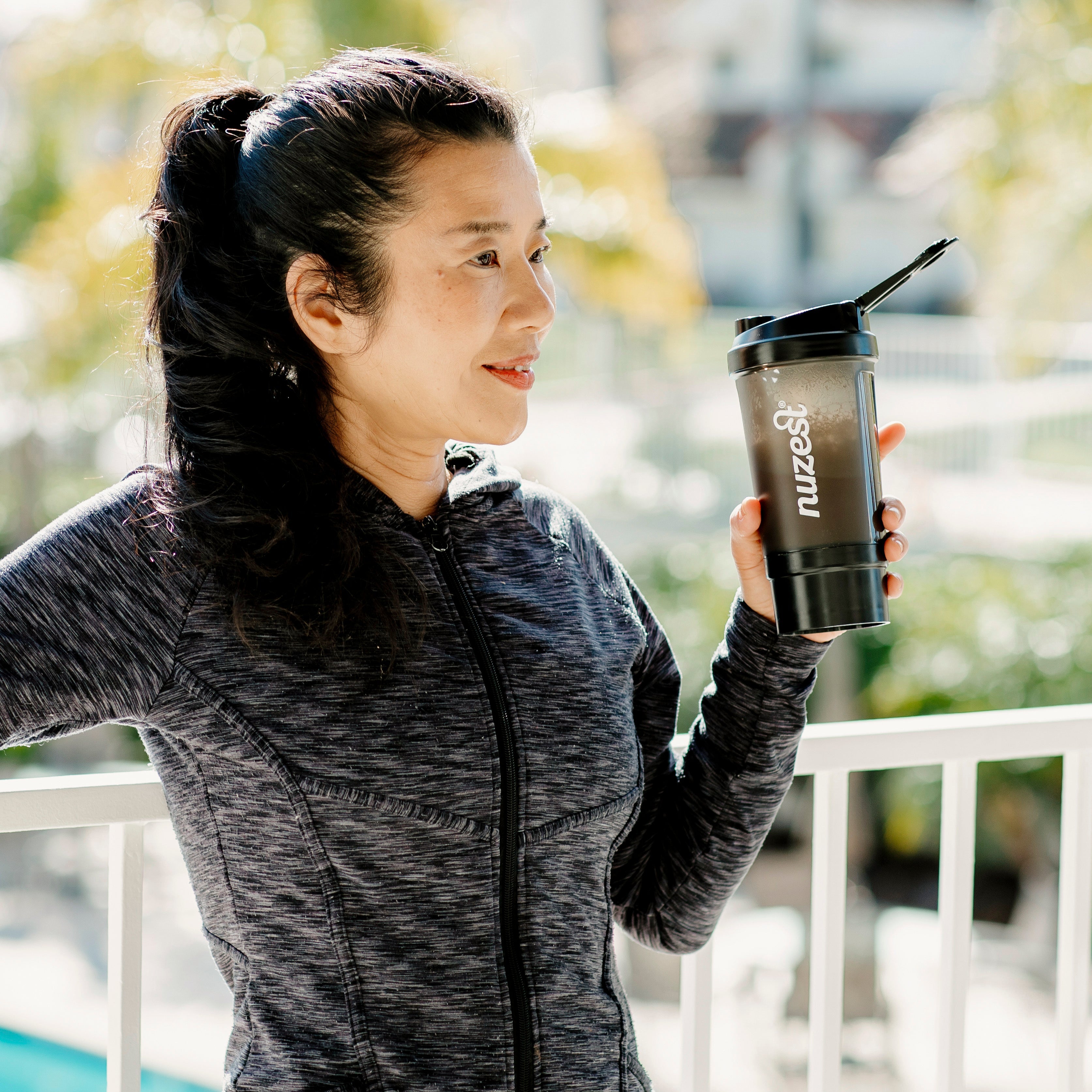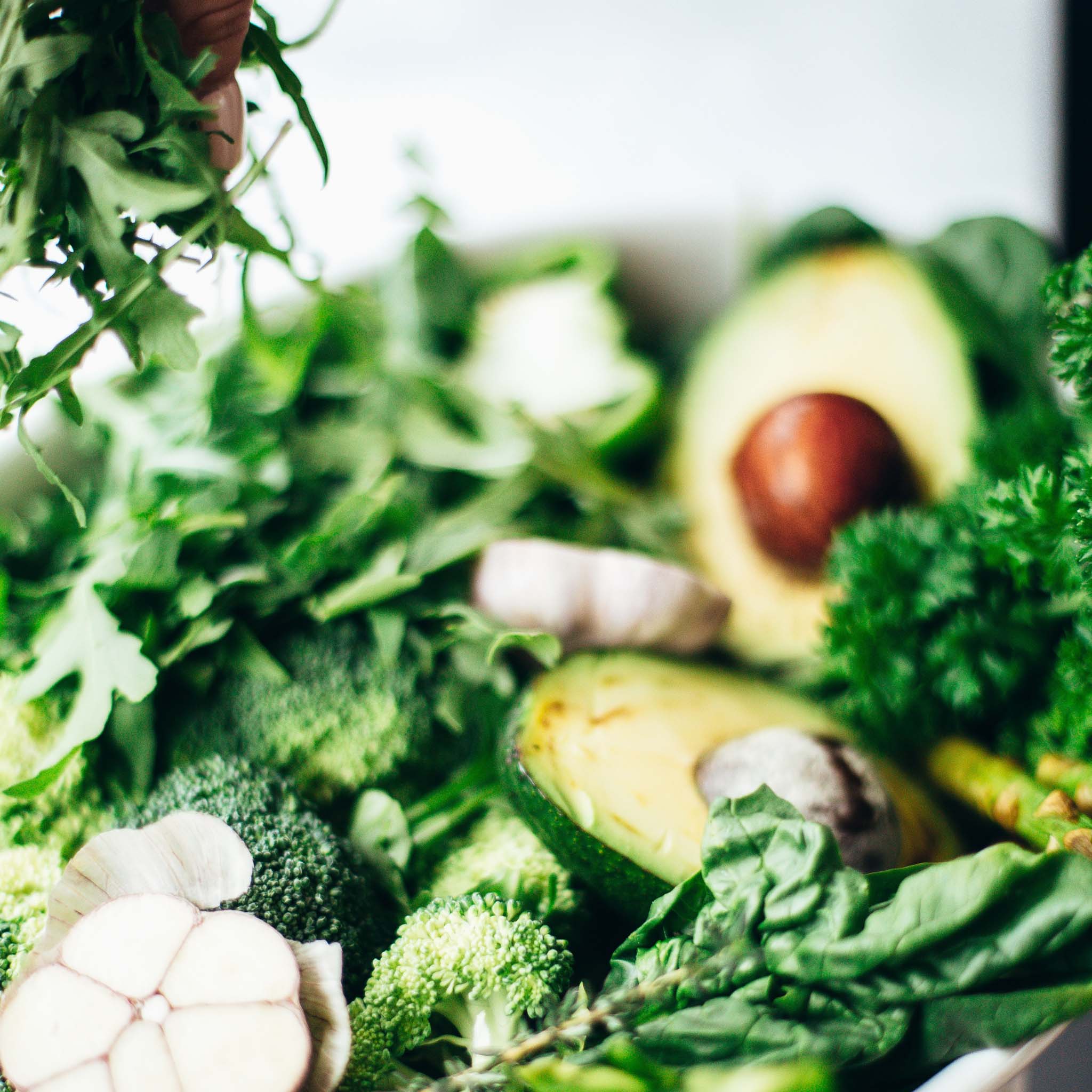AUTHOR: Rachel Hawkins (Dietitian & Nutritionist)
The holiday season can present a number of challenges when it comes to maintaining healthy habits. The good news? With a little smart planning, you can avoid the speed bumps that may throw you off course so that you can enter the New Year feeling confident and in control of your health and wellbeing.
Here, Sydney-based Dietitian and Nutritionist, Rachel Hawkins, discusses six of the biggest health mistakes that people make during the holiday season, as well as providing some tried and true strategies to help you avoid making them!
Mistake 1: Skipping Breakfast to Save Room for Later
Although breakfast isn’t an essential meal for most adults, skipping breakfast in order to save room for later is a dangerous gamble. Whether it’s the office holiday party, Thanksgiving dinner or a Christmas lunch, showing up to an event where there is going to be a smorgasbord of food with an empty stomach only increases the likelihood that you will go ‘all out’ and overeat when you’re there.
Regardless of the time of year, overeating can easily spiral out of control resulting in a number of health consequences. These include bloating, gas, nausea, sluggishness, and unwanted weight gain.1,2,3,4 Chronic overeating may also disrupt the balance of hormones that control your hunger (ghrelin) and fullness (leptin), making it more difficult to determine when your body actually needs food.5,6
Instead of skipping breakfast before a holiday event, enjoy a balanced breakfast that includes a source of protein, healthy fats and low glycaemic index (GI) carbohydrates so that you are adequately nourished and able to make more mindful choices at holiday events.
Some breakfast suggestions include:
- Overnight oats made with chia seeds, berries, maple syrup and your choice of milk
- Poached eggs on toast made with wholegrain bread and a side of avocado
- A loaded breakfast smoothie made with berries, spinach, rolled oats, chia seeds, a serve of Smooth Vanilla Clean Lean Protein and your choice of milk
Mistake 2: Having an All-or-Nothing Mindset
The all-or-nothing mindset is a mentality that people have, whether it be towards nutrition or exercise, where they are either all in or all out. It is the kind of approach that sees people eat two pieces of pavlova after Christmas lunch and then say, ‘oh stuff it’ and spend the rest of the week bingeing on Christmas leftovers.
The problem with an all-or-nothing mindset is that it is accompanied by unrealistic, self-imposed rules that naturally test our willpower. When these rules are broken, we feel guilty about this and revert to the old ‘stuff it’ mentality. And so, the cycle repeats.
My advice?
Ditch the restrictive diet. Telling yourself that you aren’t allowed to eat any sweets on Christmas Day isn’t realistic. However, allowing yourself a plate of dessert is. Enjoy the holiday festivities but do it in a balanced way. By allowing yourself permission to eat the foods that would otherwise be on your ‘banned list’, you are essentially decreasing the likelihood of bingeing later on.
Secondly, eat more mindfully. Eating slowly and taking the time to chew your food properly is a practical strategy that will help you to savour the flavours of your meal, thus helping you to feel more satisfied after eating (and less likely to go back for second and third servings)! Aim for 20 chews per mouthful. This trick will also help to improve your digestion!
Mistake 3: Failing to Plan on Days You Don’t Have Holiday Events
Not every day between Christmas and New Year needs to involve a smorgasbord of food.
Set yourself up for success during the holiday season by planning your menu on ‘regular’ days when you’re not at an event. This will help to alleviate the stress of not knowing what to cook at the end of the day, thereby reducing the likelihood of you buying takeaway food or making undesirable food choices.
Plan your meals ahead of time by writing a list of what you are going to eat for your breakfast, lunch, dinner and snacks each day of the week, and also what ingredients you will need from the grocery store in order to make this happen.
By doing this, you reduce the likelihood of being caught out in between holiday events thus making it easier to make healthy nutrition choices during the silly season.
Mistake 4: Going Hard on the Booze
Food isn’t the only thing that we typically overindulge in over the holiday season. Many festive celebrations involve alcohol, and typically in higher volumes than we would normally consume.
In the short term, excessive alcohol consumption can lead to impaired judgement, reduced inhibitions, loss of coordination, unstable emotions, memory loss, headaches and vomiting.7,8 In the long term, excessive alcohol consumption can negatively impact our mental health and fertility and increase our risk of developing chronic diseases such as heart disease, diabetes and some cancers. 7,8
Regular alcohol consumption can also lead to unwanted weight gain. 7,8
Alcohol contains seven calories per gram, which is around the same amount as a gram of fat.9 This, in addition to the added calories found in mixers such as tonic water or coke, means that you could be drinking around 200 calories per standard drink. If you’re drinking a pint of full-strength beer, then this number increases to 240 calories per drink.
It is possible to enjoy the holiday season whilst still moderating the amount of alcohol you drink.
- Alternate alcoholic drinks with non-alcoholic drinks such as water, soda water or zero sugar soft drinks
- Pour your own drinks instead of accepting refills from others so that you can keep track of how much you are drinking
- Avoid getting involved in rounds as this often means you will drink more than intended
- Switch from full strength beer to light beer to save ~90 calories per pint
- Pace yourself by taking small sips
Mistake 5: Failing to Move Your Body

It may be the holiday season, but this doesn’t mean your normal healthy habits need to completely fly out the window.
Exercise is incredibly beneficial for our overall health and wellbeing. It promotes good cardiovascular and mental health and can also be used to strengthen and maintain our musculoskeletal system.10
Regular exercise can help to keep our mental health on track when our normal routines are disrupted by promoting the release of feel-good brain chemicals that can help to boost our mood and overall sense of wellbeing. 10
Because the holidays are such a busy time of year, it can be a good idea to exercise in the morning before the day slips away from you and excuses start to creep in. But if you’re more of an evening exerciser then that’s ok too!
Ways to stay active over the holiday season include:
- Going for a hike with a friend
- Taking the dog for a walk
- Doing a home workout. We have shared our favourite workout apps here.
- Going for a bike ride
- Participating in gym classes or group bootcamps
- Running interval sprints on the sand at the beach
- Doing some laps at the pool
Mistake 6: Not Seeking Help

While it might be the most wonderful time of the year for some, for others it can be a really difficult one. The holiday season can remind people of loved ones they have lost, while for others it can be a time they spend alone.
The global pandemic adds an additional challenge this year due to the fact that there will be many people who will not be able to spend the holidays with their families due to restrictions around travelling and group gatherings.
So, it is more important now than ever before to prioritise our mental wellbeing.
Keep active, slow down and take things one step at a time. If you’re lonely, reach out to a friend you trust and talk through how you are feeling. If you’re overwhelmed by the presence of family, schedule out some time for yourself.
If you are concerned about your own mental health, or the mental health of a loved one, there are a number of things that you can do…
- Start a conversation. If you are struggling with your mental health, consider opening up to a friend or family member about this. Mental illness effects one in five (20%) Australians aged 16-85 years each year.11 Starting a conversation with someone you trust can help to alleviate anxiety and make you feel less alone. If you think that a loved one may be struggling with their mental health, simply checking in with a simple phone call and asking, ‘are you ok?’ is a great way to offer your support.
- Seek support from a health care professional. This could involve referral to a psychologist, psychiatrist or other specialist doctor from your GP. In Australia, telehealth services are available which help to make mental health services more easily accessible.
- Utilise online and telephone-based services. There are a number of online and telephone-based support services that can be accessed for immediate crisis support. They include Lifeline, Beyond Blue, Headspaceand The Butterfly Foundation.
References:
- https://www.ncbi.nlm.nih.gov/pmc/articles/PMC2754813/
- https://www.ncbi.nlm.nih.gov/pmc/articles/PMC4699282/
- https://www.ncbi.nlm.nih.gov/books/NBK355894/
- https://www.ncbi.nlm.nih.gov/pmc/articles/PMC3777747/
- https://www.ncbi.nlm.nih.gov/pmc/articles/PMC2777281/
- https://www.health.gov.au/health-topics/alcohol/about-alcohol/what-are-the-effects-of-alcohol
- https://www.healthdirect.gov.au/how-alcohol-affects-your-health
- https://www.nhs.uk/live-well/alcohol-support/calories-in-alcohol/
- https://www.ncbi.nlm.nih.gov/pmc/articles/PMC4224225/
- https://www.health.gov.au/health-topics/exercise-and-physical-activity
- https://www.flyingdoctor.org.au/news/country-mental-health-access-fifth-rate-city/


